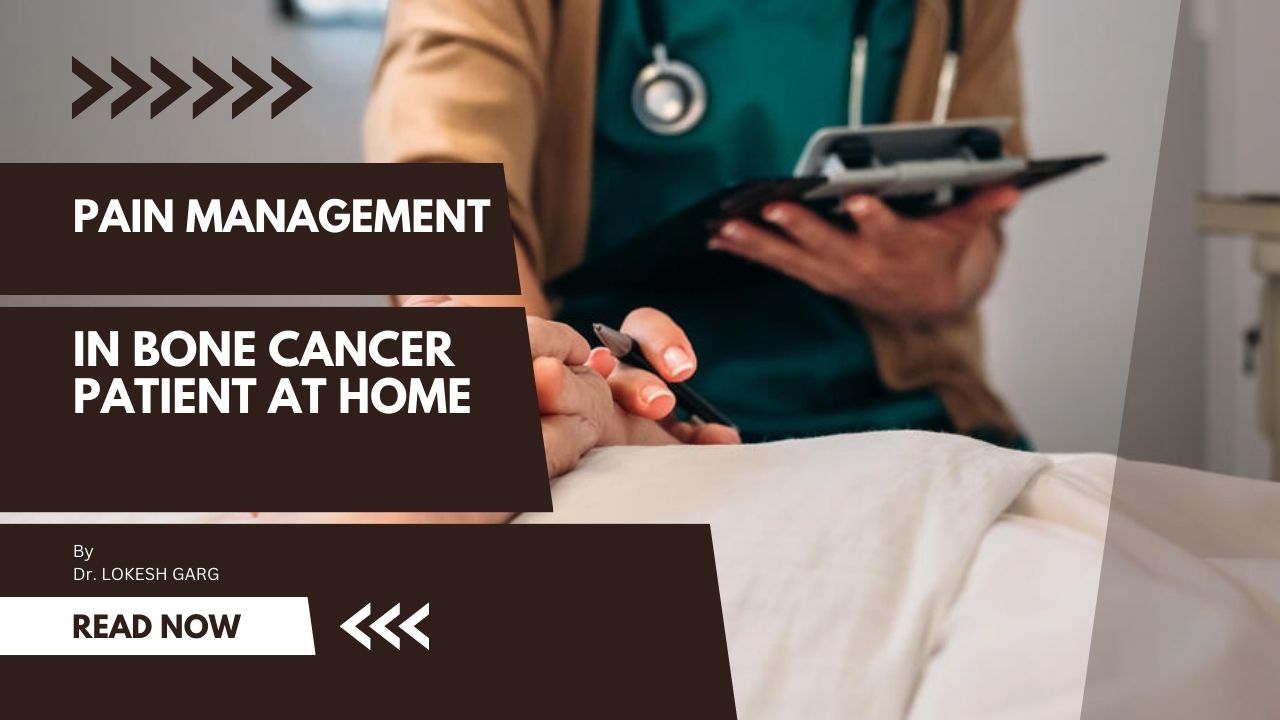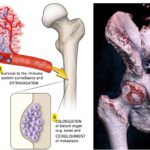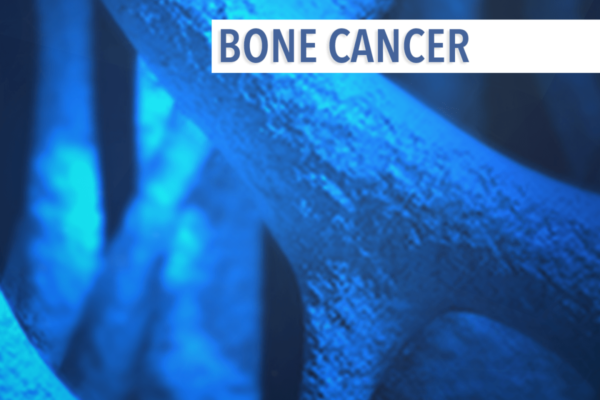Tips of managing pain of Bone Cancer at Home
Dealing with bone cancer pain can be a challenging task, but it’s very important to know that there are many ways to manage the pain and improve your quality of life. Here are some tips for managing bone cancer pain at home:
- Take pain medication as prescribed: Your doctor may prescribe pain medication to help manage your bone cancer pain. It’s important to take the medication as prescribed dosage. It will help to keep the pain under control and prevent it from becoming horrible.

2. Use cold therapy: Applying cold to the affected area can help reduce pain and inflammation. You can use ice packs or a bag of frozen peas for cold therapy. Be sure to wrap the cold compress in a towel to protect your skin. Don’t use in case, if loss of sensation over skin.

3. Practice relaxation techniques: Stress and anxiety can make pain worse, so it’s important to practice relaxation techniques like deep breathing, meditation, & yoga, to help your mind and body be calm and reduce stress and promote relaxation.

4. Stay active: Exercise may be the last thing that you will think about, when you’re dealing with bone cancer pain, but staying active can help reduce pain and improve your overall activity. Low-impact activities like walking, swimming, and stretching can help keep your muscles and joints flexible and reduce stiffness and pain.

5. Get enough sleep: Getting enough sleep is essential for managing pain. Lack of sleep can worsen pain and make it harder to cope with. At least 7-8 hours of sleep each night and try to establish a regular sleep routine to help improve the quality of your sleep.

6. Eat a healthy diet: Eating a healthy diet can help reduce inflammation and improve your overall health, which can in turn help manage bone cancer pain. Focus on eating plenty of fruits, vegetables, whole grains, anti-oxidants and lean protein, and avoid processed foods, sugary drinks, and alcohol.

Managing bone cancer pain can be a difficult and ongoing process, but with the right strategies and support, it is possible to improve your quality of life. Be sure to talk to your doctor about any concerns you have about your pain management plan and work together to find the best approach for you.





